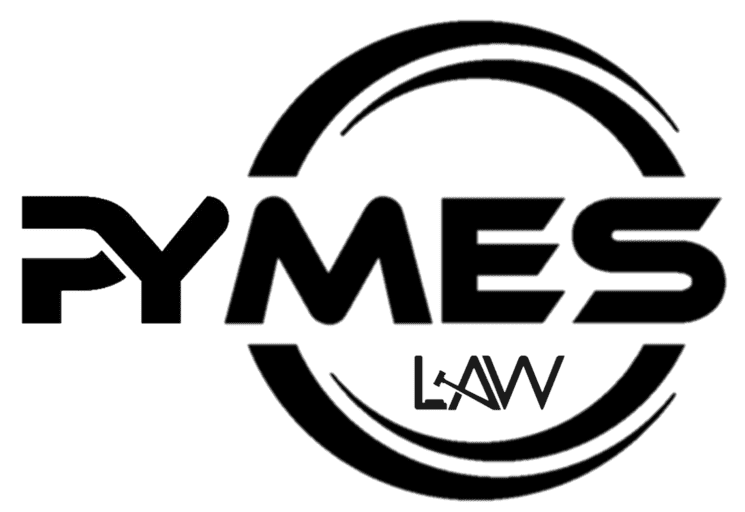One of the legal concepts known as “passing off” is designed to protect businesses from unfair competition by prohibiting third parties from passing off their own products or services as another company’s. Businesses are protected from unfair competition until this idea is implemented.
In the field of intellectual property law, there is a significant relationship between passing off and trademark infringement; However, passing off operates under rules that are substantially different from those of trademark infringement.
This article will discuss the pitfalls of passing off, its connection with trademark infringement, and the remedies available to those affected by it. We will also discuss the potential consequences of the pass closure.
Introduction to Passing Off
Passing off is a scenario in which one party misrepresents their goods or services as those of another party, leading clients to be confused or fooled in their impressions of the situation. Passing off is a kind of deception. In accordance with common law, it is a tort, which indicates that it is established on court decisions rather than statutory law, and its major aim is to protect the reputation and goodwill of businesses.
Understanding Trademark Infringement
What Constitutes Trademark Infringement?
When a third party uses a trademark that is identical or similar to a registered brand in connection with goods or services without authority, this is considered to be an instance of trademark infringement. Unauthorized use of a trademark may result in confusion among consumers and can be detrimental to the reputation of the owner of the brand.
Types of Trademark Infringement
Trademark infringement can take various forms, including:
- Counterfeiting
- Unauthorized use of a similar mark
- Dilution of a famous mark
Passing Off vs. Trademark Infringement
The legal principles of passing off and trademark infringement differ from each other, although they are similar. Unlike trademark infringement, which usually involves a registered trademark, a registered mark is not required to pass to be considered a criminal activity. On the other hand, passing off is related to the misrepresentation of goods or services, while trademark infringement is related to the unlawful use of a mark.
Elements of Passing Off
Goodwill
In order to successfully pursue a passing off claim, it is essential to establish that the plaintiff’s goods or services are connected with goodwill. When it comes to passing cases, goodwill is a very important commodity as it symbolizes the reputation and recognition a company has built over time.
Misrepresentation
The defendant must make a false representation that is likely to mislead customers into believing that the goods or services they are in possession of are the plaintiff’s.
Damage or Likelihood of Damage
The misrepresentation has caused, or is likely to cause, damage to the plaintiff’s goodwill or reputation. Loss of sales, reputation tarnishing or brand dilution are all examples of damages that can be caused.
Remedies for Passing Off
Injunctions
In passing-off situations, courts have the power to issue injunctions, which prevent the defendant from continuing the infringing conduct. The object of the injunction, which may be either temporary or permanent, is to prevent possible damages from being inflicted on the plaintiff’s company.
Damages
Plaintiffs can also claim damages for damages they have suffered as a result of the breach. Damages are intended to compensate the plaintiff for the financial loss that the defendant’s conduct has caused.
Account of Profits
Depending on the circumstances, the court may decide to compel the defendant to pay for any profits that were accrued from the passing. Through the use of this remedy, the defendant is prevented from obtaining an unfair advantage as a result of their unlawful conduct.
Case Studies on Passing Off
Landmark Cases
- Procter & Gamble Co v Svenska Tvättpulver AB [1964] RPC 418
- Reckitt & Colman Ltd v Borden Inc [1990] 1 All ER 873
Recent Examples
- Apple Inc. v. Samsung Electronics Co., Ltd.
- Louboutin v. Yves Saint Laurent
Preventive Measures Against Passing Off
Trademark Registration
A trademark registration not only creates a public record of ownership but also gives legal protection to the trademark. Besides helping companies enforce their rights more successfully, this preventive measure can also help enterprises avoid closure.
Monitoring and Enforcement
One of the most important things to prevent passing is to conduct regular market monitoring and protect trademark rights. In case of misrepresentation, businesses should be vigilant in their monitoring and take immediate legal action where necessary.
Conclusion
Businesses that are in the business of protecting their trademarks and reputation have a huge challenge in the form of pass-offs. Businesses have the ability to protect their interests and gain the trust of their customers by gaining an understanding of the components of the pass, the remedies available, and the preventive measures that may be implemented.



0 Comments